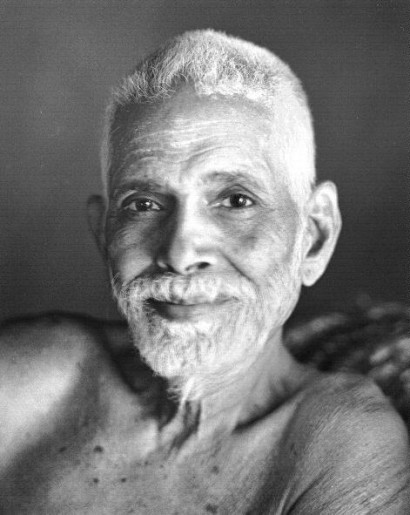
Consider the Mahatma, the great soul. One Mahatma is busy struggling with himself and struggling with conditions before him and around him. This struggle is not for naught, for it is a conflict with the self, it is a conflict with others, it is a conflict with conditions – conflicts that come from all around, till every bit of that Mahatma is tested and tried, till every bit of his patience is exhausted and his ego is ground. A hard rock is turned into a soft paste – then appears the personality of a Mahatma. This process of effacement, the real meaning of crucifixion is to crucify the false self, that the true self may rise. As long as the false self is not crucified, the true self is not realized.
The path of attainment means embracing this struggle. The man who fails in the world will fail to attain spiritual bliss. Yet, difficulties rise over the head of him who looks at them with awe. But the same difficulties fall at the feet of him who takes no notice of them. Ultimately, verily, independence and indifference are the two wings which enable the soul to fly. This indifference is not a lack of feeling but a mastery, for man without feeling is without life. It is the strength to pour out floods of love, yet keeping your garment of detachment from being wet.
Thus, the rises and falls, the joys and sorrows, the struggles and surrenders, all serve a sacred purpose. Joy and sorrow are the light and shade of life; without light and shade no picture is clear. In the end, love develops into harmony, and of harmony is born beauty. For love is living and therefore growing, love is growing and therefore expanding, there is no limit to the expansion of love, for its source is divine and thus its expansion is perfect. This is the ultimate rise.



